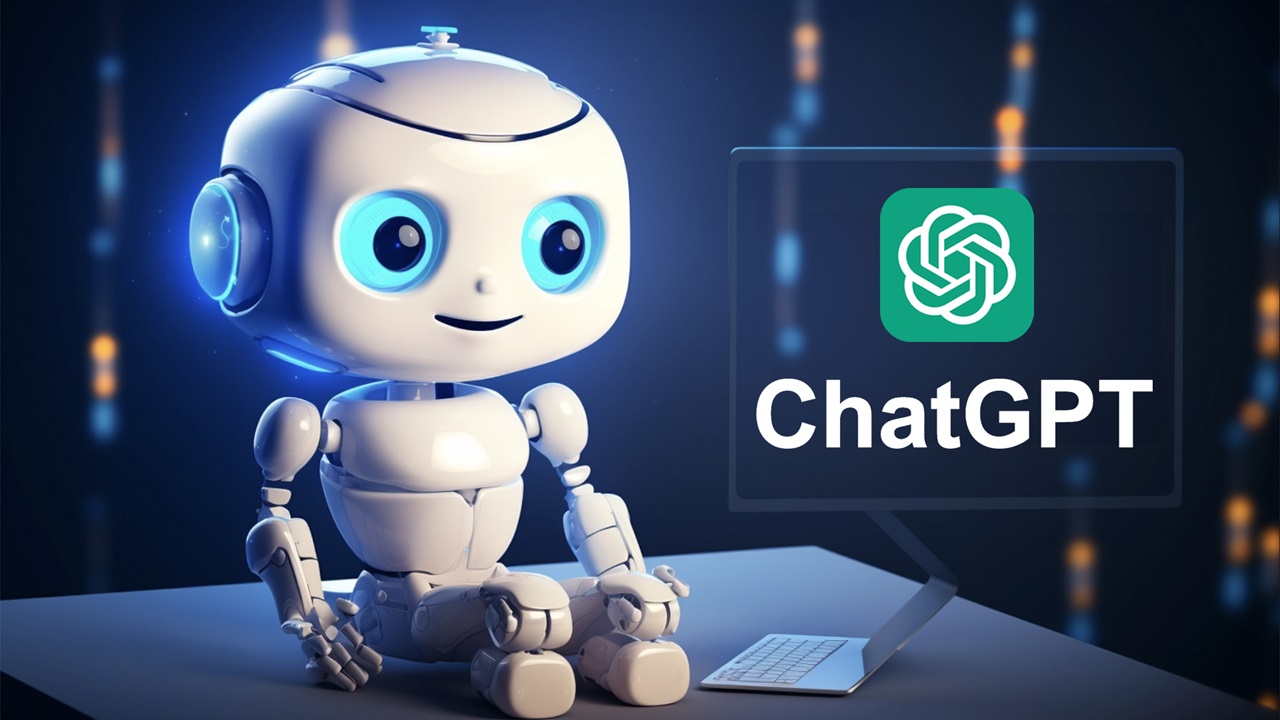ChatGPT at One: Unraveling the Viral Chatbot's Journey in the AI Boom
In the past year, ChatGPT, the viral chatbot from OpenAI, has seen significant success, becoming the fastest-growing software globally. Despite facing competition, it continues to dominate the market, with steady app downloads and in-app purchases. The AI boom has not only propelled Nvidia to a $1 trillion valuation but also boosted major cloud computing players like Microsoft, Amazon, and Alphabet. However, controversies around copyright lawsuits involving OpenAI and Microsoft have emerged. The broader impact of generative AI is evident as it disrupts industries, sparking investments from tech giants like Microsoft and Alphabet to enhance their AI capabilities.

In the ever-evolving landscape of technology, the past year has witnessed the meteoric rise of ChatGPT, OpenAI's sensational chatbot. As it celebrates its first birthday, we delve into the milestones, market dynamics, and the broader impact of generative AI on industries and tech giants.
The app has been steadily gaining popularity on both iOS and Android platforms, with OpenAI earning revenue from in-app purchases, according to data analytics firm Apptopia. Nvidia stands out as a major winner in the AI boom, achieving a $1 trillion valuation and dominating the chip supply market for ChatGPT and other generative AI applications. Cloud computing service providers like Microsoft, Amazon, and Alphabet have also experienced a surge in shares due to the widespread use of these applications.
On its first birthday, we asked ChatGPT how it felt about the milestone. Despite its computer program nature without emotions or consciousness, the chatbot has made a significant impact with its human-like responses over the past year. Despite answering millions of prompts, the growing influence of ChatGPT raises questions about AI's role in society, coinciding with OpenAI's recent boardroom challenges involving CEO Sam Altman.
ChatGPT quickly became the world's fastest-growing software application within six months of its launch, triggering the release of competing chatbots from Microsoft, Alphabet, and various startups securing substantial funding. The generative AI trend has disrupted multiple industries, from cloud computing and customer service to movie editing and screenplay writing.
Competitors such as Bard, Anthropic's Claude, Character.AI, and Microsoft's CoPilot have gained users, but ChatGPT maintains a dominant market share. OpenAI introduced the chatbot application on Apple's iOS in May and later on Android in July, resulting in a continuous increase in app downloads and in-app purchases.
Nvidia's success in the AI boom, attributed to its chip supply for ChatGPT, reflects the broader trend of big tech investing billions in AI. Microsoft and Alphabet, in particular, have made significant investments to enhance their cloud computing capabilities as businesses increasingly adopt AI tools.
However, controversies have emerged, with OpenAI and Microsoft facing lawsuits from copyright owners, including authors John Grisham, George R.R. Martin, and Jonathan Franzen. The allegations involve the alleged misuse of their work to train AI systems, a claim vehemently denied by the companies.
As ChatGPT marks its first anniversary, the reverberations of its influence are felt across the tech realm. From the bustling app downloads to the controversies and the broader AI boom, it's clear that we're witnessing a transformative era. The questions raised about the societal role of AI are as intriguing as the innovations themselves, setting the stage for what lies ahead in the dynamic world of artificial intelligence.
ALSO READ
North Korea Unveils Hwasong-19: A New Era in Missile Technology
CMC Markets Partners with ASB Bank for Trading Technology
Japan's H3 Rocket Soars: A Game-Changer in Defense and Space Technology
Financial Inclusion Through Technology: UNDP’s Vision for Mobile Wallets in Africa
East Tech 2024: Bridging Technology and Defence in India










